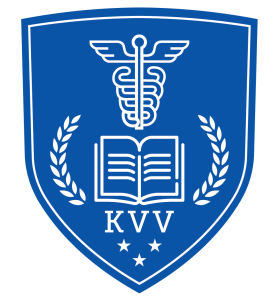Quadrant -I (Video)
Advanced Assessment tools and techniques in palliative care for cancer survivors
Quadrant - II (Study Material)
1. Advanced Assessment tools and techniques in palliative care for cancer survivors
View FileQuadrant - III (Assignments)
1. Advanced Assessment tools and techniques in palliative care for cancer survivors
BAQs (Brief Answer Questions) 1. What is the main difference between Karnofsky Performance Scale (KPS) and ECOG scale? 2. How does the 6-Minute Walk Test help in evaluating a palliative care patient's function? 3. Define the purpose of the TUG test in advanced cancer rehabilitation. 4. What are wearable activity monitors, and how are they applied in cancer-related fatigue assessment? 5. Why is it important to use objective physical function tools in terminally ill patients? LAQs (Long Answer Questions) 1. Compare and contrast the Karnofsky Performance Scale (KPS) and ECOG Performance Status in terms of structure, interpretation, and clinical use. 2. Discuss the role of 6-Minute Walk Test and TUG test in evaluating functional decline in palliative cancer patients. 3. Describe the integration and clinical value of wearable technology (e.g., ActiGraph) in monitoring cancer patients with fatigue or cachexia. 4. How can advanced functional assessments guide physiotherapists in differentiating candidates for rehabilitation versus palliative-only support? 5. Explain the use of objective assessment tools in tailoring multidisciplinary care plans for patients with advanced cancer.
